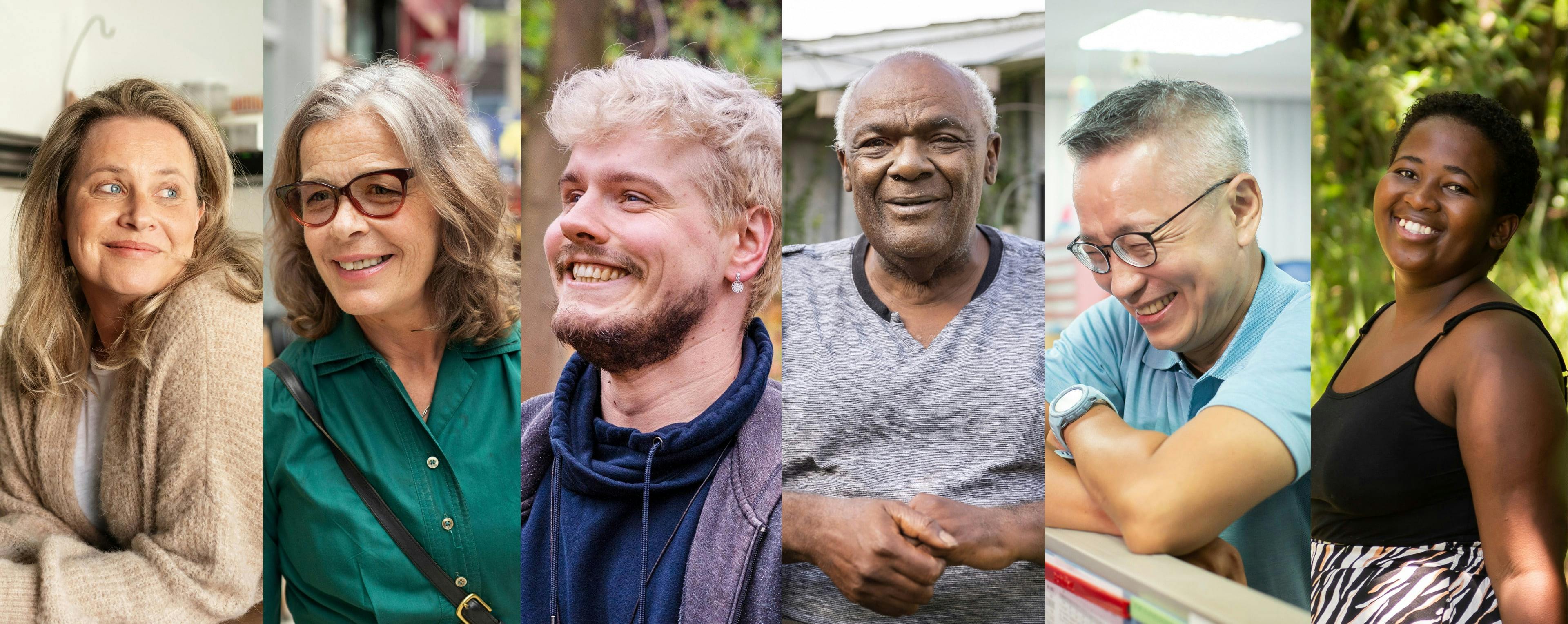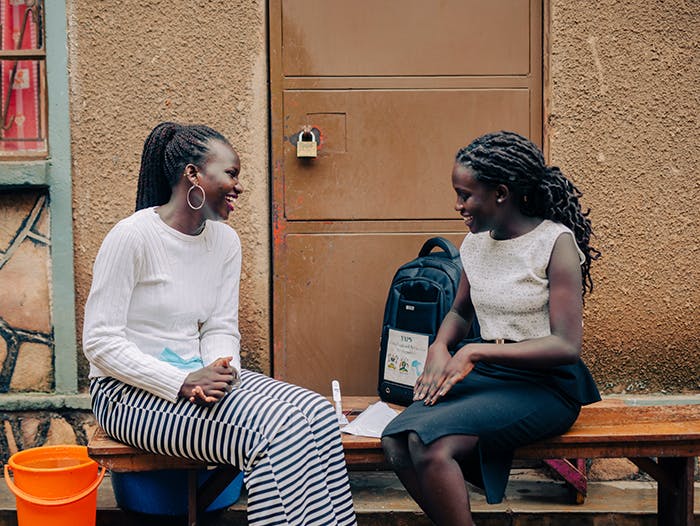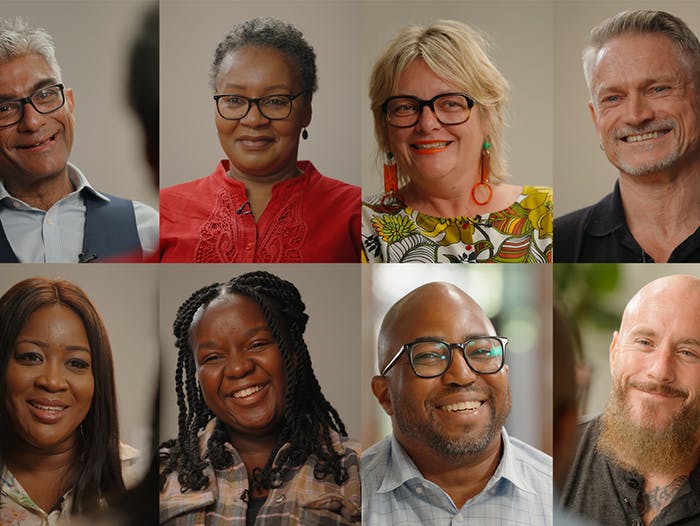Real world and implementation studies carried out after a medicine is approved help us to bridge the gap between highly controlled clinical trials and the realities of everyday life for the different people impacted by HIV.
There is no doubt that we need clinical trials in HIV care, and that they are essential in the development of new and innovative HIV treatment and prevention options, but studying medicines in the real world for longer and in broader populations than clinical trials can cover, helps to ensure these medicines are meeting the different and evolving needs of people impacted by HIV.
Dr Vani Vannappagari Breaks Down RWE
WHAT IS REAL-WORLD EVIDENCE (RWE)?
RWE is the gathering of information and insights outside of clinical trials after a medicine is approved. It reveals how people respond to HIV medicines in everyday life, which can help to expand our knowledge of HIV treatment and prevention options and improve the experiences of people impacted by HIV. Through RWE, we can help to bridge the gap between clinical trials and day-to-day clinical practice by painting a more holistic picture of the long-term effectiveness, safety, and tolerability of HIV therapies.
HOW CAN REAL-WORLD EVIDENCE HELP TO CLOSE DATA GAPS IN HIV?
HIV affects a diverse group of people around the world which means tightly controlled clinical trial settings can result in certain populations being underrepresented, including older people, transgender people, pregnant women and children living with HIV. RWE, which is typically gathered from much broader patient populations, is helping to fill data gaps around the long-term safety, efficacy and tolerability of treatments and meet the needs of the different people impacted by HIV, across particular regions and populations.
Watch the video of Dr Vani Vannappagari and Dr Cristina Mussini where they delve deeper into the role real-world evidence plays in representative HIV research.
Real-world studies also tend to last a lot longer than clinical trials. People with HIV can now live long lives thanks to effective treatments, but this means taking medication for a lifetime – that’s why gathering insights on long-term safety and effectiveness is particularly important.
WHAT ROLE DOES REAL-WORLD EVIDENCE PLAY IN CARE DECISIONS FOR PEOPLE IMPACTED BY HIV?
There is no one size fits all approach to treatment or prevention for people impacted by HIV. Gathering data and insights through RWE can help provide clinicians with a comprehensive and representative picture of how medicines work in people’s day to day lives, helping them to respond to different wants and needs to improve treatment satisfaction, adherence and quality of life.
Watch the video between Dr Annemiek de Ruiter and Raif Derrazi, where they discuss how real-world evidence can support shared decision making between HIV physicians and their patients, and ultimately improve experiences for people impacted by HIV.
HOW ARE WE CHAMPIONING REAL-WORLD EVIDENCE AT ViiV HEALTHCARE?
ViiV Healthcare has been at the forefront of RWE generation and observational data for many years, dating back to programmes started in 1987 and we are not slowing down. Through a number of collaborations, we have conducted and supported more than 720 RWE studies in over 30 countries, including different populations of more than 88,000 people.
YOU MAY ALSO BE INTERESTED IN
We believe in a comprehensive approach to HIV prevention that considers both medical and non-medical alternatives that are accessible to all. Ideally, a combination of strategies can be effective in reducing the likelihood of HIV transmission.
The treatment and prevention of HIV has changed. With more options available than ever before, open and honest conversations between individuals and their healthcare professionals can help ensure people receive the best possible care for them.
NP-GBL-HVX-COCO-250007 | August 2025
If you get any side effects, talk to your doctor, pharmacist, or nurse. This includes any possible side effects not listed in the package leaflet. You can also report side effects directly via the GSK Reporting Tool link https://gsk.public.reportum.com/. By reporting side effects, you can help provide more information on the safety of this medicine.
If you are from outside the UK, you can report adverse events to GSK/ ViiV by selecting your region and market, here.


